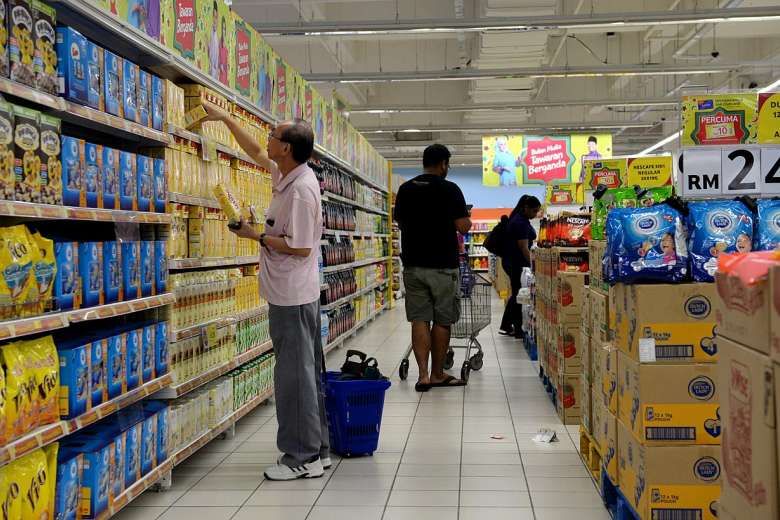RETAIL sales in Malaysia have yet to reach pre-COVID-19 levels in 2021, owing to the significant impact that COVID-19 had on the capacity of retail operations as well as the disposable incomes of households.
Such is the bird-eye view by Fitch Solutions Country Risk & Industry Research which noted that retail sales in Malaysia have been severely impacted by COVID-19 pandemic and its resultant restrictions.
“Over 2021, retail sales grew 4.3% but this is overstated by the low base effect created in 2020, after retail sales contracted by 5.3%,” the research house which is independent of Fitch Ratings pointed out in a report.
“This high frequency data suggests that retail sales in Malaysia have still not recovered to pre-COVID-19 levels. Comparing retail sales in 2021 to that of 2019, sales remain 1.2%.”
In Fitch Solutions’ view, Malaysia continues to implement stringent restrictions over 2021, largely in sync with rising COVID-19 cases. Higher vaccination rates are needed for these two to be decoupled and allow for a broader recovery in retail sales from 2022 onwards.
“While top line retail sales are still below pre-COVID-19 levels, some categories are outperforming,” observed research house. “Additionally, there is evidence that COVID-19 has accelerated the formalisation of the retail market in Malaysia.”
Below are how the four segments of the retail sector are performing:
- Supermarkets, hypermarkets and department stores
This non-specialised retail category were permitted to operate during even the strictest of COVID-19 related restrictions, hence sales performance has been positive albeit not as good as specialised food, drink and tobacco stores.
Over 2020 (January to September), retail sales through this avenue grew 1.8% year-on-year (yoy).
Growth over 2021, at just 0.6% yoy, was more stagnant but still at a much higher level than that of 2019, the pre-COVID-19 environment. Comparing 2021 sales to that of 2019, retail sales through this channel was 2.4% higher that pre-COVID-19 levels.
- Food, drink & tobacco
This category has been one the best performing sales category in Malaysia over this time period.
As a result of the COVID-19 pandemic and its resultant economic impact, consumers quickly shifted their spending into essential items to make sure their needs were met during period of lockdowns and restrictions.
With Malaysia experiencing increasingly worse waves of the virus over 2021, this emphasis continued into the year with sales growing 4.1% yoy (for the January to September period). This category’s performance is emphasised when comparing 2021 sales to that of 2019, the pre-COVID-19 environment.
Over this period, retail sales of food, drink and tobacco through specialised stores grew 9.5%.
- Household goods and consumer electronics
The consumer electronics category has been another outperforming sector in Malaysia, largely as a result of consumers adapting to the new reality of COVID-19 restrictions. This category covers sales computers, video game consoles, telecommunication equipment, audio and video equipment.
Sales of these were impacted quite severally in 2020 (January to September), contracting by 7.5% yoy. However, as consumers adjusted to spending more time at home, items in this consumer category were key to entertainment spending.
As such, there was a healthy rebound in sales over 2021, growing by 9.5% yoy. Consequently, sales over 2021 were 1.3% higher than sales in 2019, the pre-COVID-19 environment.
- Cultural and recreation goods
One of the worst performing consumer sales categories has been cultural and recreational goods. Over 2020 (January to September), retail sales through this channel contracted by 14.3% yoy.
Despite posting growth of 8.9% yoy over 2021, retail sales are still 6.7% lower than that of pre-COVID-19 levels in 2019.
As with the sale of household goods, many of these operations were not permitted to open during the strictest of restrictions. Additionally, the impact that COVID-19 had on disposable incomes in the country has meant that consumers cut back significantly on big-ticket items (fishing equipment, camping goods, boats, bicycles and related).
“While we still hold the view that there was an increase in sales of smaller cultural and recreational items, it was not enough to offset the drop in sales on big-ticket items,” added Fitch Solutions. – Nov 22, 2021










